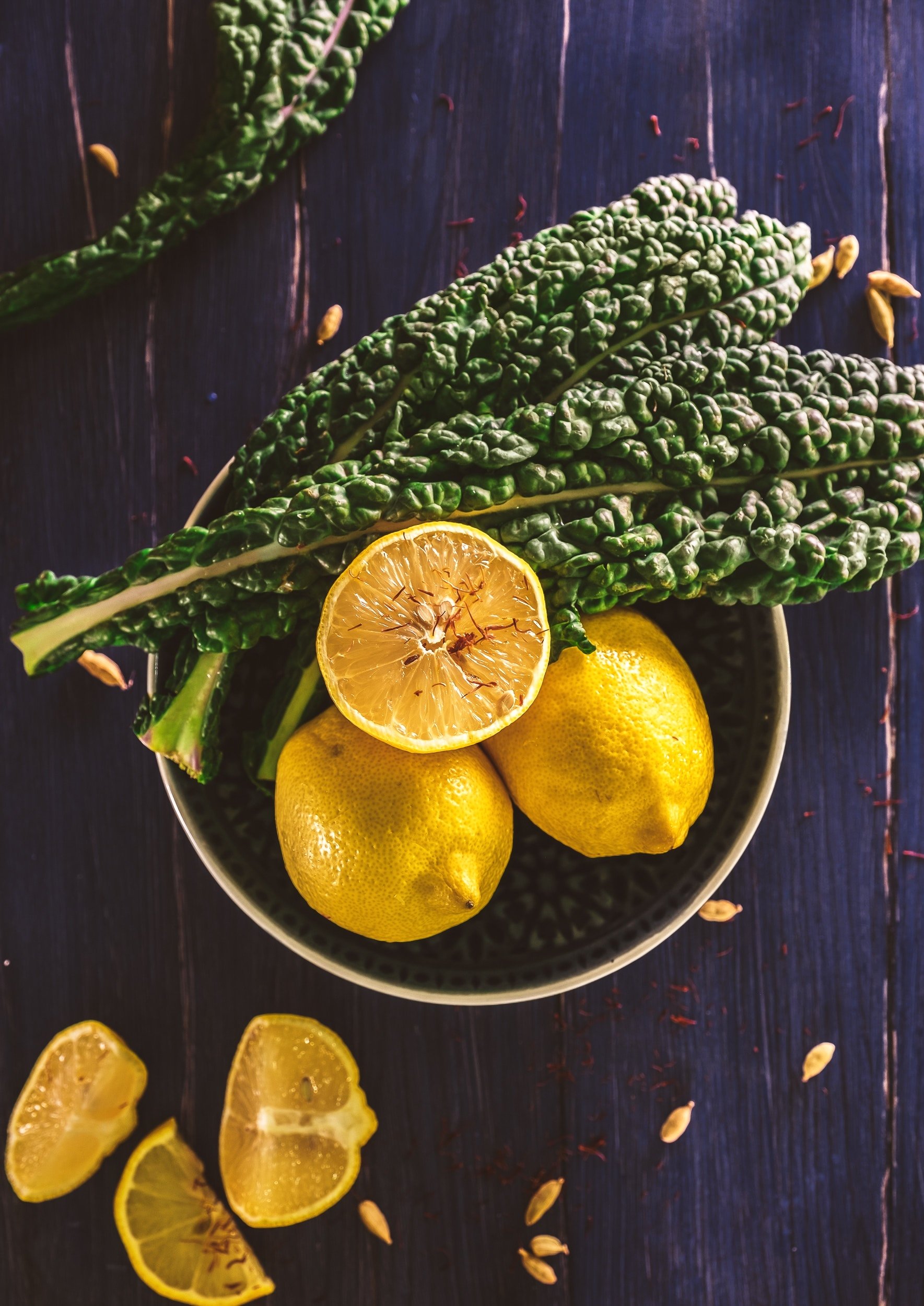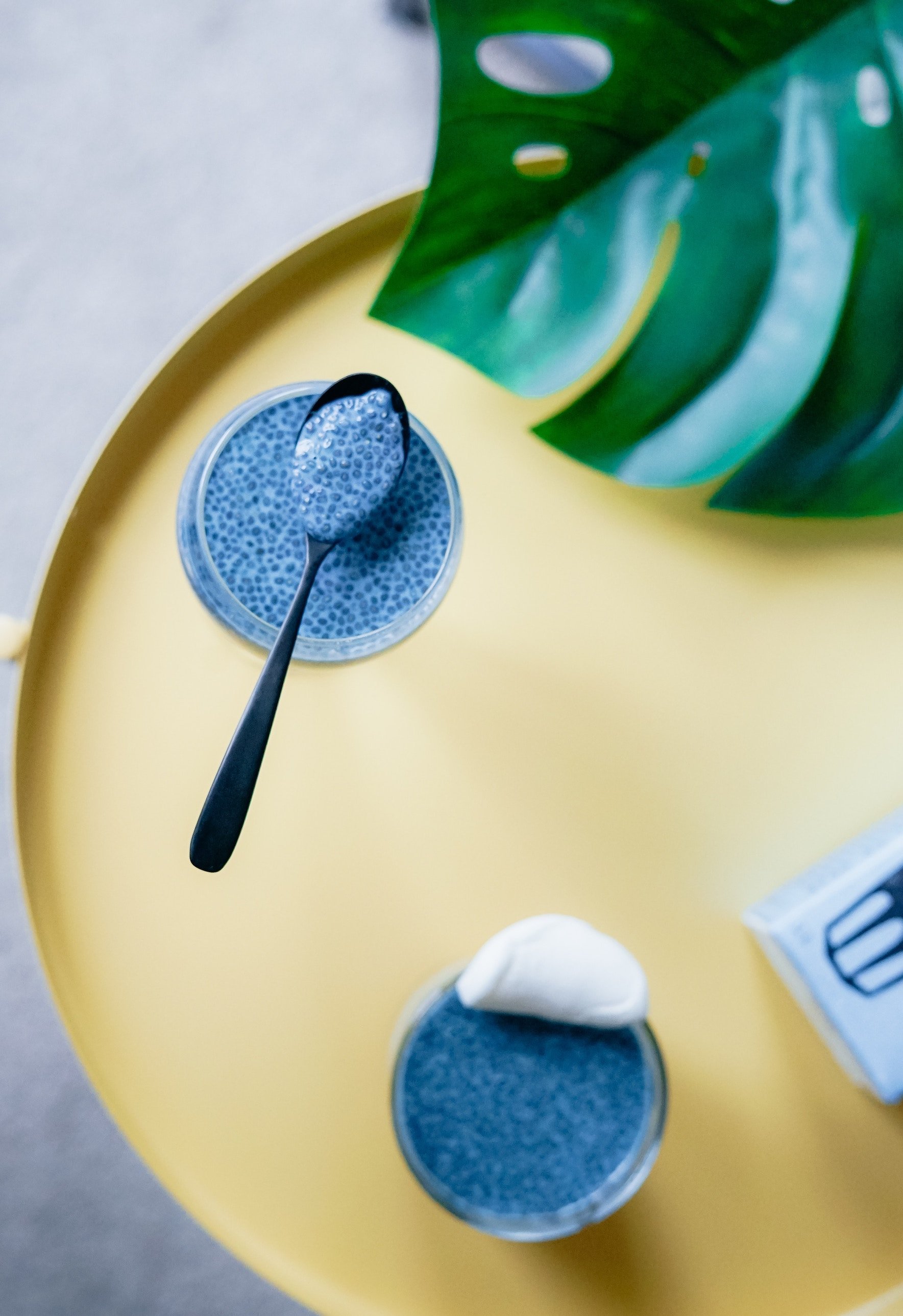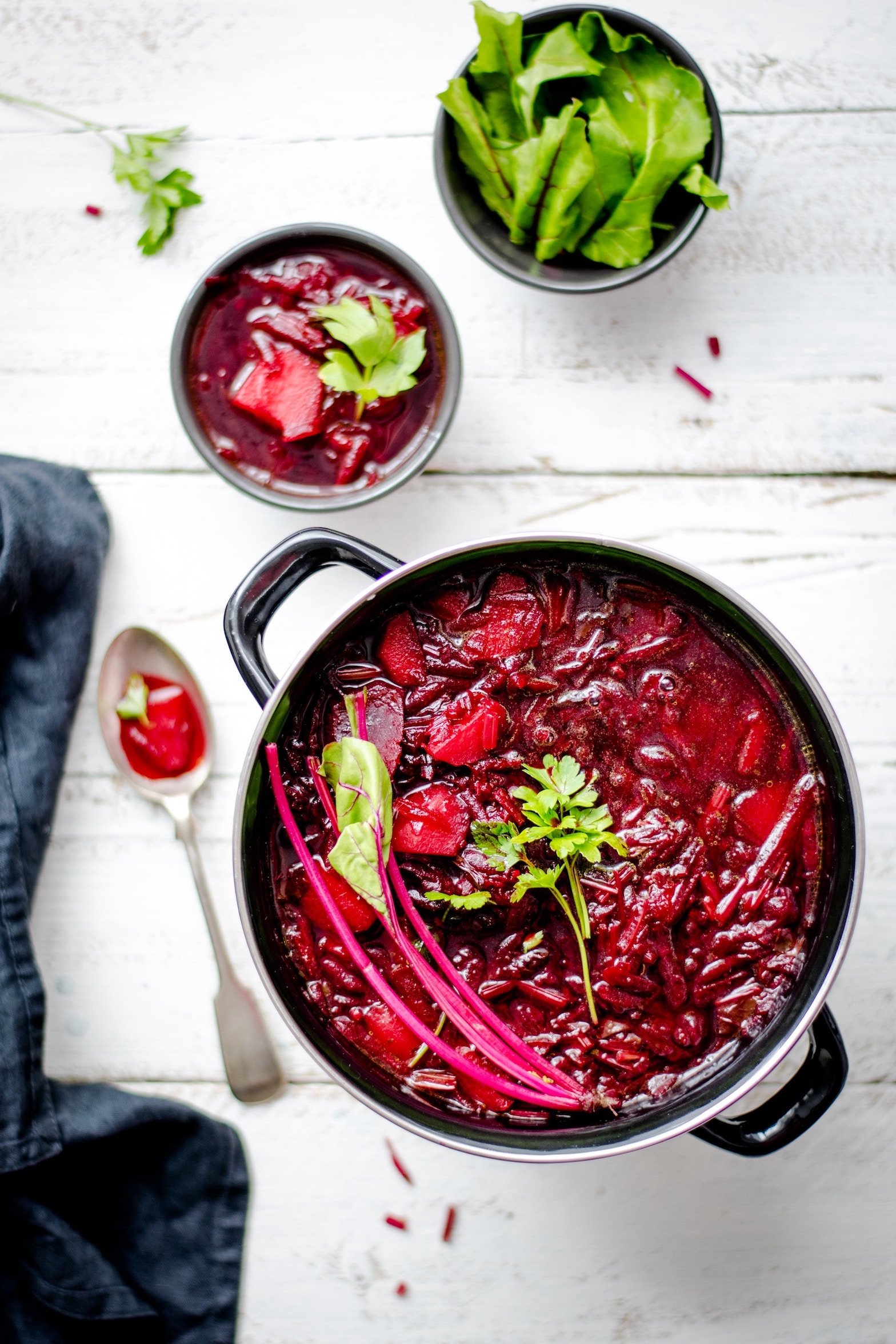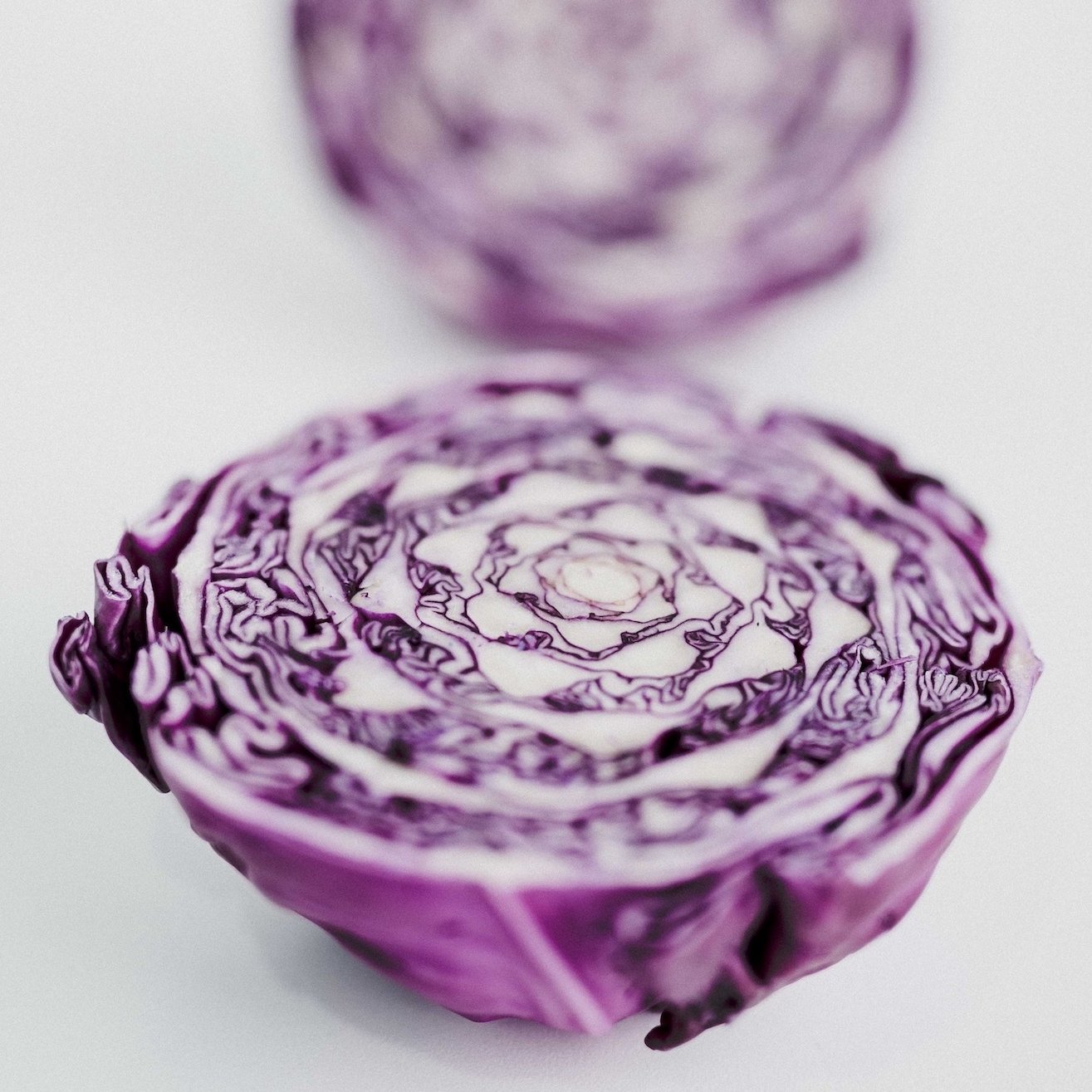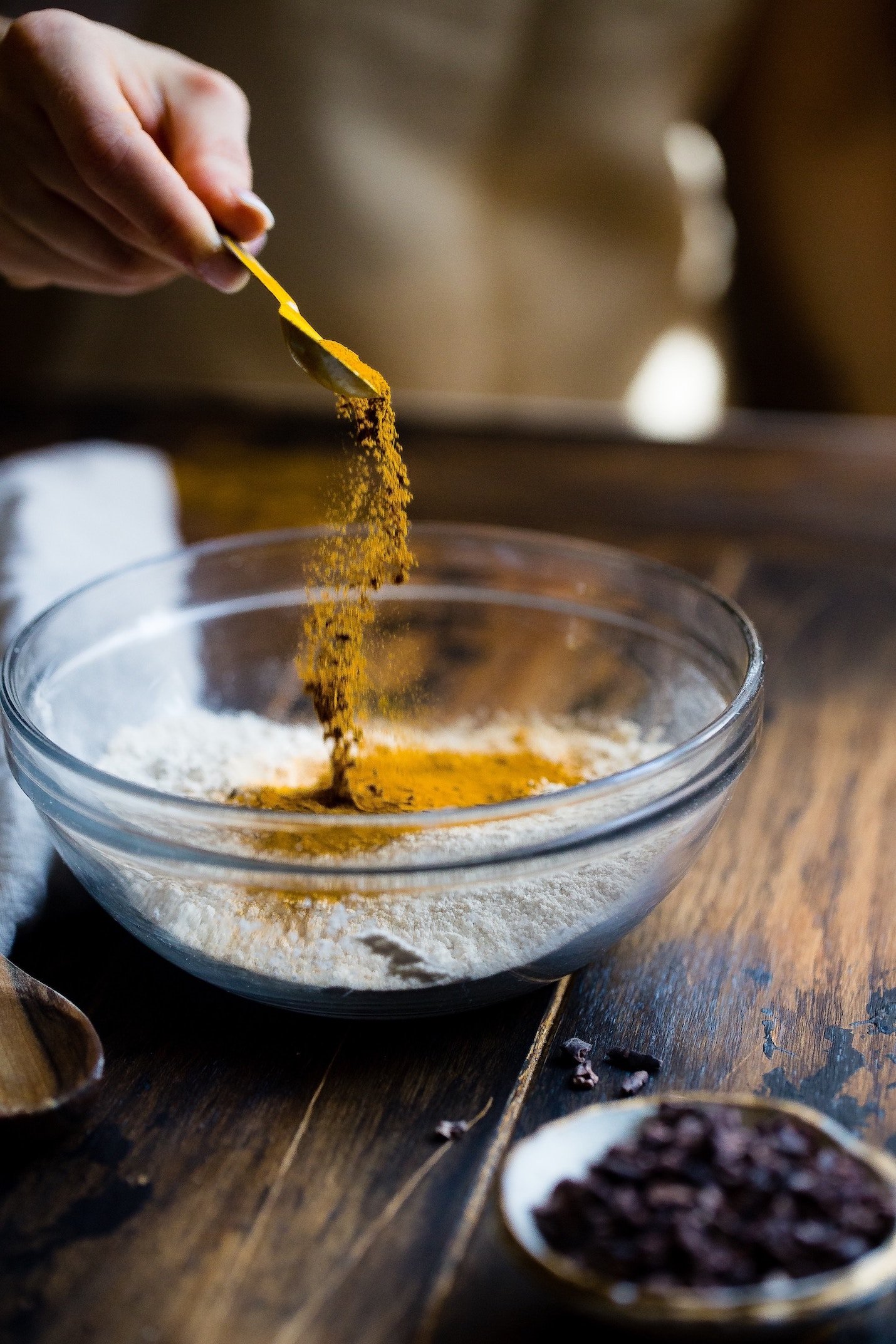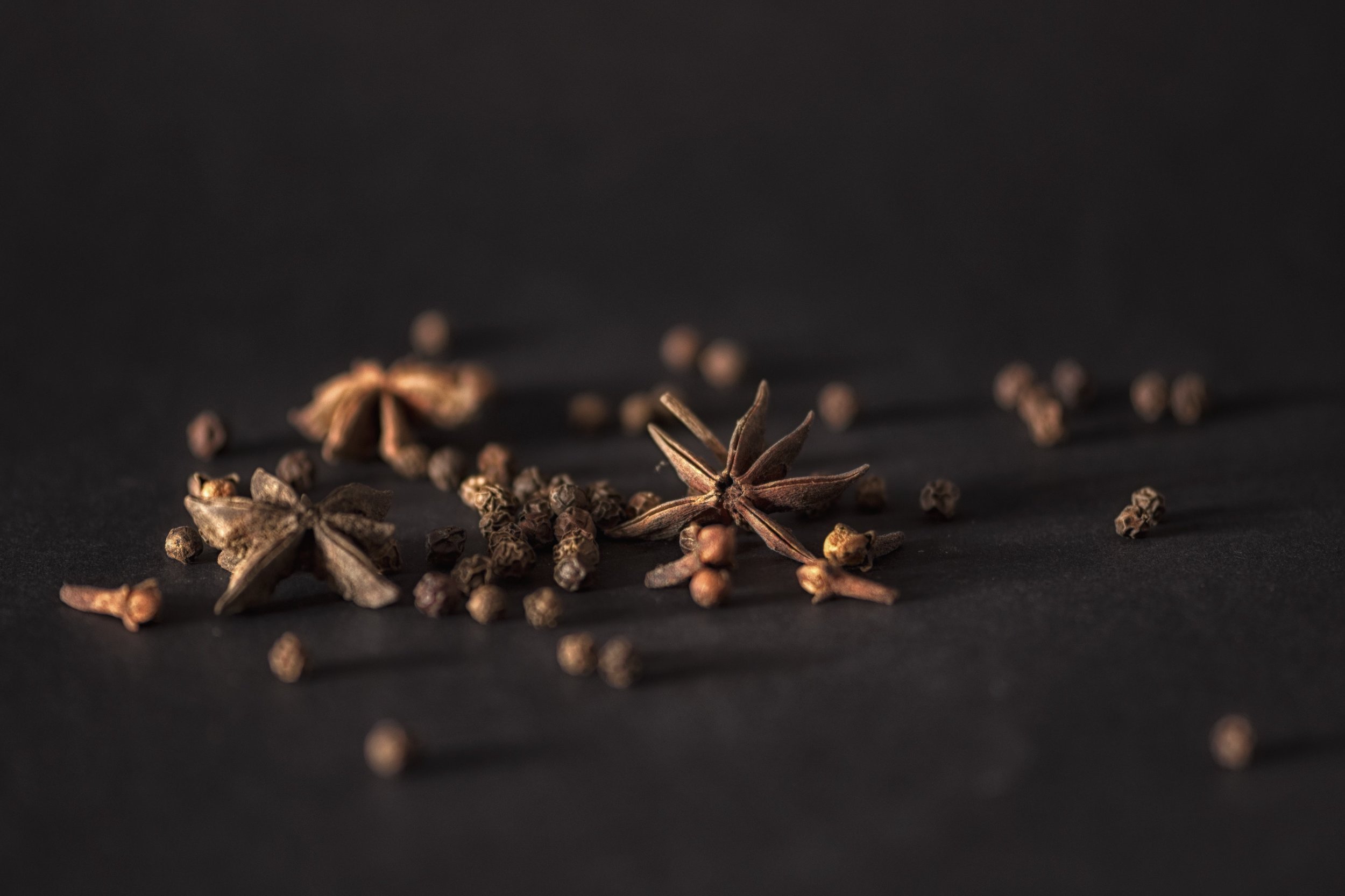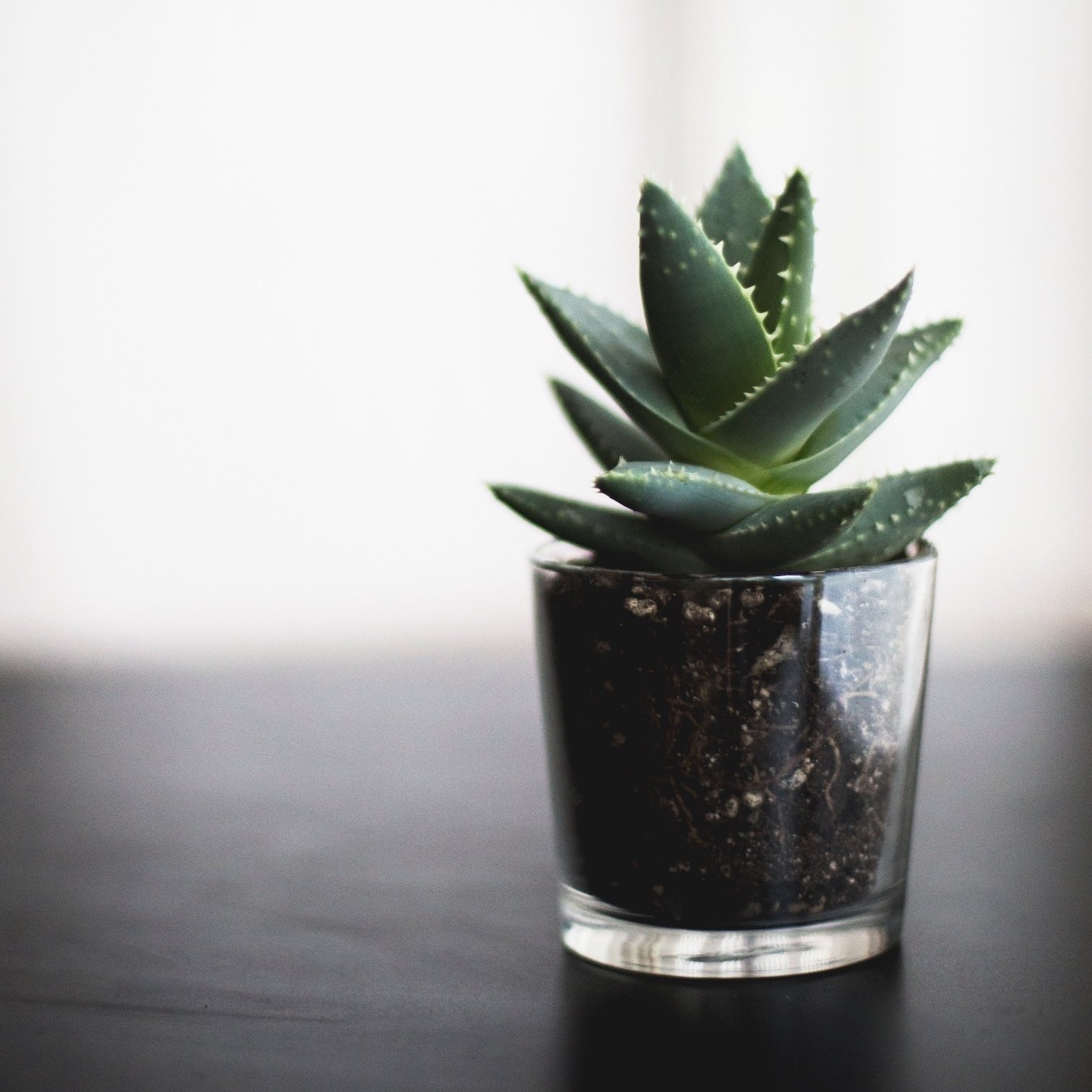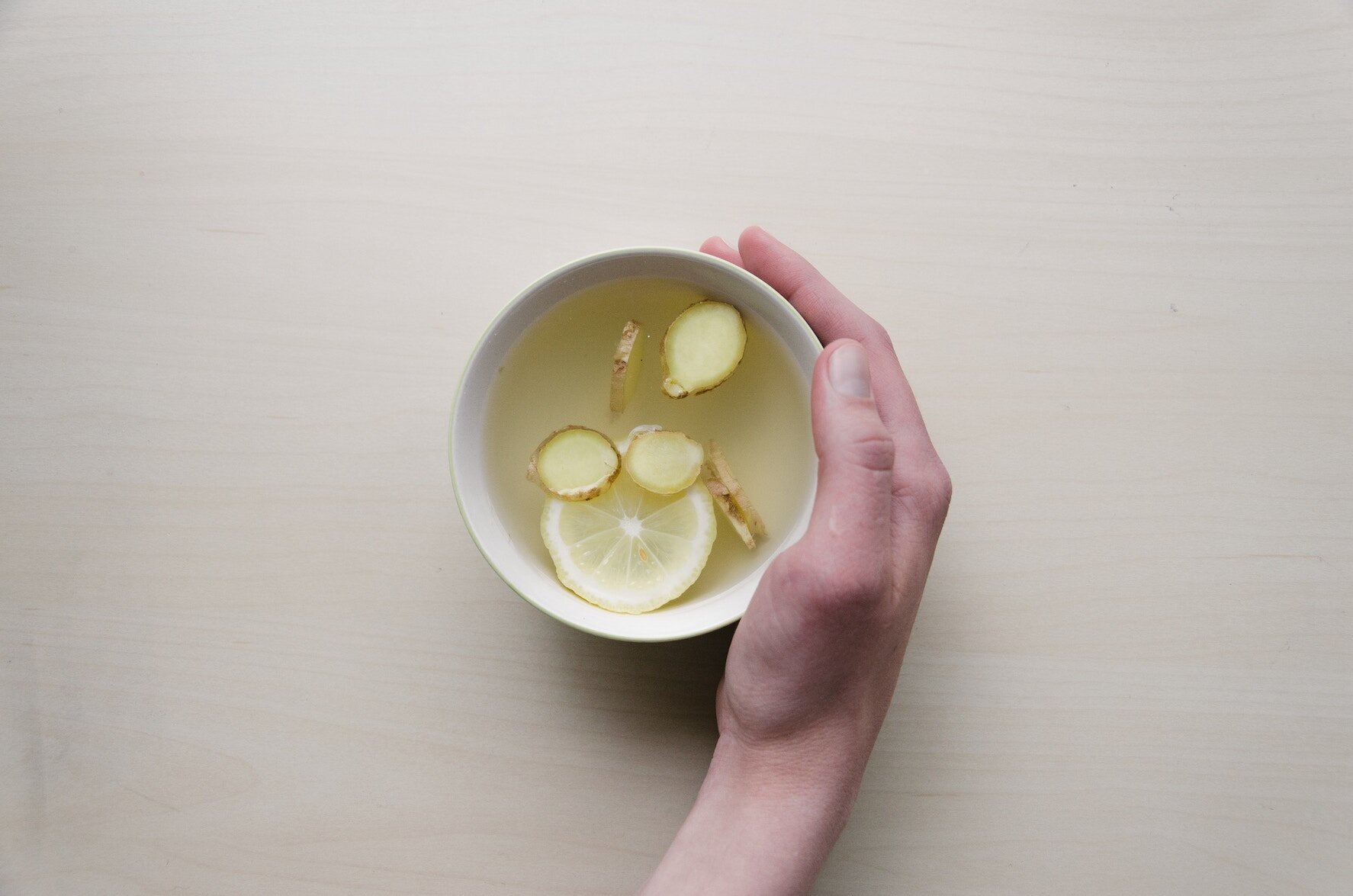
11 Anti-Inflammatory Foods, Supplements & Routines For A Bit Of Respite
Are You In A Gut Rut?
If you’ve been feeling sluggish or bloated lately, it may be time to check in with your gut. Other symptoms of gut inflammation can include joint pain, skin breakouts, and irritability.
While inflammation in our stomachs can occur for a myriad of reasons, it is usually our body’s way of telling us it’s injured or irritated, generally as a result of unhealthy eating, stress, and/or dehydration.
Below we’ve outlined some of our favorite anti-inflammation foods, supplements, and routines for respite. While this issue usually goes away with self-care and rest, if your symptoms persist, please seek medical attention.
Anti-Inflammatory Foods
1. Spinach, Kale, & Other Leafy Greens
Our parents always told us to eat your greens, and they weren’t kidding. Leafy greens are not only an excellent source of essential minerals and vitamins, but they are also wonderful for aiding digestion and combatting gut issues. Spinach, which is packed with a laundry list of vitamins and omega-3 fatty acids, is an anti-inflammatory superfood that we should all be eating daily—gut issues or not. Kale, another leafy green known for its health superpowers, is also excellent for gut relief as it too contains omega-3s, as well as Vitamin K.
Add a handful of either leaf variation to your morning smoothies, fall stews, or sautéed vegetable medleys. Baked kale chips also make for a savory and healthy snack.
2. Chia Seeds
An ancient seed first used by the Mayas and Aztecs, chia seeds are rich in minerals and nutrients—especially ones that aid digestion and relieve gut inflammation. Loved by vegans and vegetarians for the natural and plant-based omega-3 fatty acids, chia seeds are also a “functional food,” meaning these tiny powerhouses fight inflammatory and nervous system disorders, combat cardiovascular diseases, and heal gut inflammation.
Sprinkle (or heap) a tablespoon of this superfood into your smoothies, salads, and soups to help with gut relief. Chia seeds—which expand in liquid—are also incredible for making plant-based puddings. Try out this recipe from Feasting on Fruit for a delicious breakfast or healthy dessert.
3. Beets
Sweet, pink, and incredible for digestion, we love consuming beets when our guts are feeling off. Containing betaine (a chemical compound that mimics stomach acid and restores your gut), as well as fiber and vitamin B-9, beets are excellent for your health. Juice them, add them to salads, or boil them up for a delicious and colorful snack. Be mindful though: consuming beets may lead to beeturia—this is normal, especially when first introducing beets into your diet!
4. Sauerkraut & Kimchi
An anti-inflammatory food that can be traced back to the 4th century BC, Sauerkraut is the fermentation of finely chopped cabbage. Kimchi, a spicier variation, is a traditional and fermented Korean dish that typically includes chili powder and other seasonings.
Eating either of these fermented dishes has been shown to relieve gut inflammation as it creates bacteria beneficial to your gut, also known as probiotics. Sauerkraut is also high in vitamins while remaining low in calories. Research suggests that “specific phytochemicals of sauerkraut have antioxidant, anti-inflammatory, and a chemopreventive action against certain types of cancer.”
To experience the anti-inflammatory effects of sauerkraut, skip the processed hot dog and add it instead to a leafy salad. You can also enjoy sauerkraut or kimchi as a side dish or a snack. While sauerkraut can be purchased at the store, try this recipe from the Minimalist Baker. Shes uses seven simple and affordable ingredients in this recipe that is sure to have your gut feeling good as new.
5. Green Tea
If you are experiencing gut inflammation, skip the coffee and opt instead for a mug of green tea. Research now suggests that green tea is a powerful fighter of inflammation, and we should all be drinking three to four cups a day. This warm and comforting beverage, which is sometimes called the ‘healthiest beverage on the planet,’ is known to help with cardiovascular prevention, protect your brain as it ages, and fight off certain kinds of cancer.
Anti-Inflammatory Spices & Supplements
6. Turmeric
An Indian spice popular in curries, Turmeric can be traced back to Ayurvedic medicine (one of the oldest systems of medicine in the world), where it was explicitly used as a remedy for inflammatory conditions. Recent studies also show curcumin, an antioxidant plant pigment found in Turmeric (which gives it a yellow color), has anti-inflammatory properties. Curcumin may also help prevent cancer and cognitive decline.
Turmeric is an easy spice to incorporate into foods—whether you buy it raw (it looks similar to ginger root) or as a powdered spice. Enjoy on roasted veggies, in soups and curries, or blended into a smoothie. You can also add Turmeric to a cup of green tea for an extra-strong gut remedy.
7. Clove Oil
We love using essential oils as natural remedies, and clove oil is one of our favorites. A plant-derived medicine that has been used for generations to treat inflammation and soothe body aches, it is perfect for aiding your gut. Add a few drops to a carrier oil and massage onto your abdomen for instant relief. Alternatively, you can place a few drops in your evening bath to help with gut inflammation and discomfort.
8. Aloe Vera
You may be familiar with Aloe Vera as a houseplant or sunburn remedy, but did you know it’s been used for centuries as natural medicine? Research suggests Alexander the Great used it to treat soldiers’ wounds, and Egyptians named it “the plant of immortality.”
Thanks to its extensive list of vitamins and minerals, Aloe Vera also works to heal and support our guts and relieve inflammation. And because it’s a prebiotic—a necessary form of fiber for probiotics (or fermented foods) to work efficiently—the spiky plant decorating our house is anti-inflammation magic.
You can drink aloe vera juice (found in most health stores), eat it raw, or add the gel from inside the leaves to your smoothies.
Routines & Lifestyle Choices To Prevent Gut Inflammation
9. Take Care of Your Mental Health
You know that saying ‘gut-wrenching?’ According to Harvard researchers, there is a direct connection between our gut and brain. “A troubled intestine can send signals to the brain, just as a troubled brain can send signals to the gut.” This means that taking care of your mental health and managing stress is essential to preventing gut inflammation and vice versa.
It’s no secret that we’re incredibly passionate about personal wellness and mental health. So much so that we prioritize getting time away to rest, reset, and practice self-care. Avoid gut inflammation and digestive issues by taking care of your mind, as well as your body.
10. Stay Hydrated
It seems simple, but drinking water is one of the key ways to keep your gut healthy. Water is necessary for digestion, nutrient absorption, and fluid balance. Avoid gut inflammation by making water your go-to beverage, and carry a sustainable water bottle with you throughout the day as a reminder to stay hydrated.
11. Avoid Processed Foods & Refined Sugar
Processed foods and refined sugars are one of the most common reasons we experience gut inflammation and digestive problems. While we are advocates of living a balanced lifestyle, eating natural and organic is incredibly important. Whole foods are not only better for our minds and bodies, but they are also more sustainable for the environment and support local farmers.
Choose to eat natural and organic foods when you can. When you do indulge your sweet tooth or consume fast food, supplement the treat with organic fruits and veggies, as well as a lot of water.
For tips on eating organic, check out Myths & Truths About Shopping Organic.
RELATED READING
The Good Trade editors endorse products we genuinely love. If you end up making a purchase through one of our affiliate links, we may earn a commission. Learn more here.
